Gallery
Photos from events, contest for the best costume, videos from master classes.

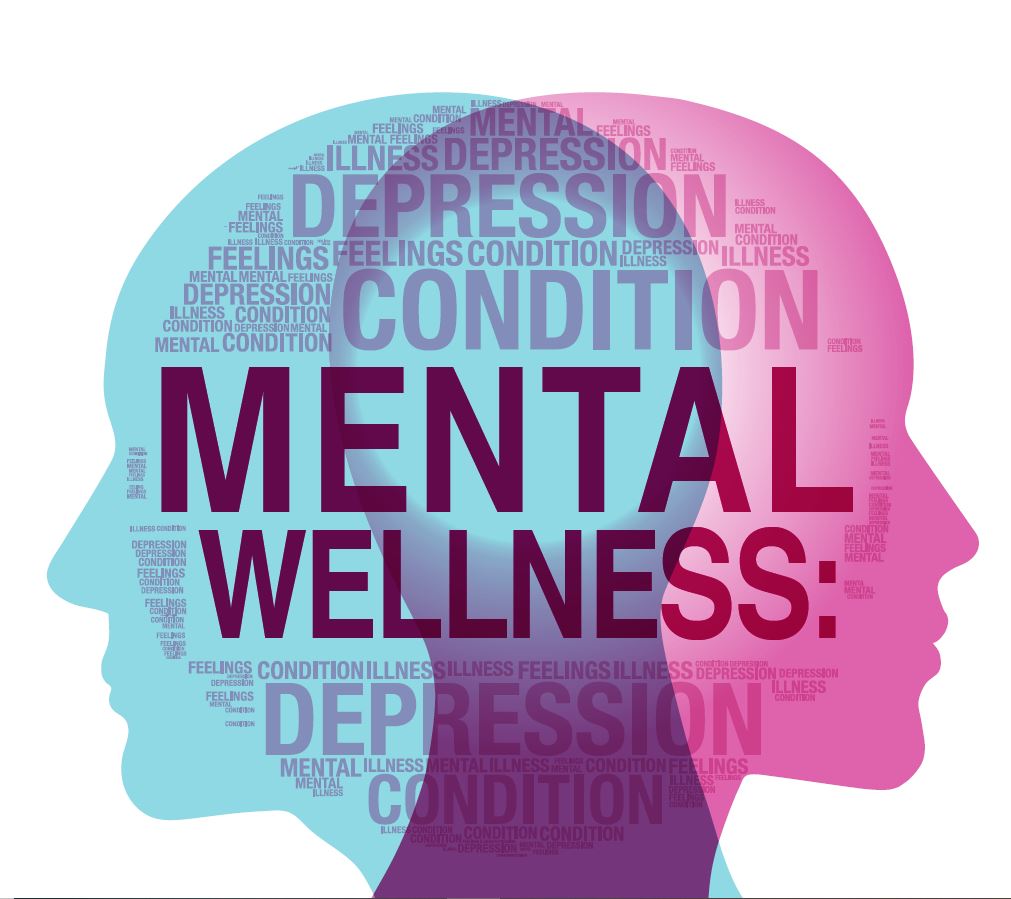
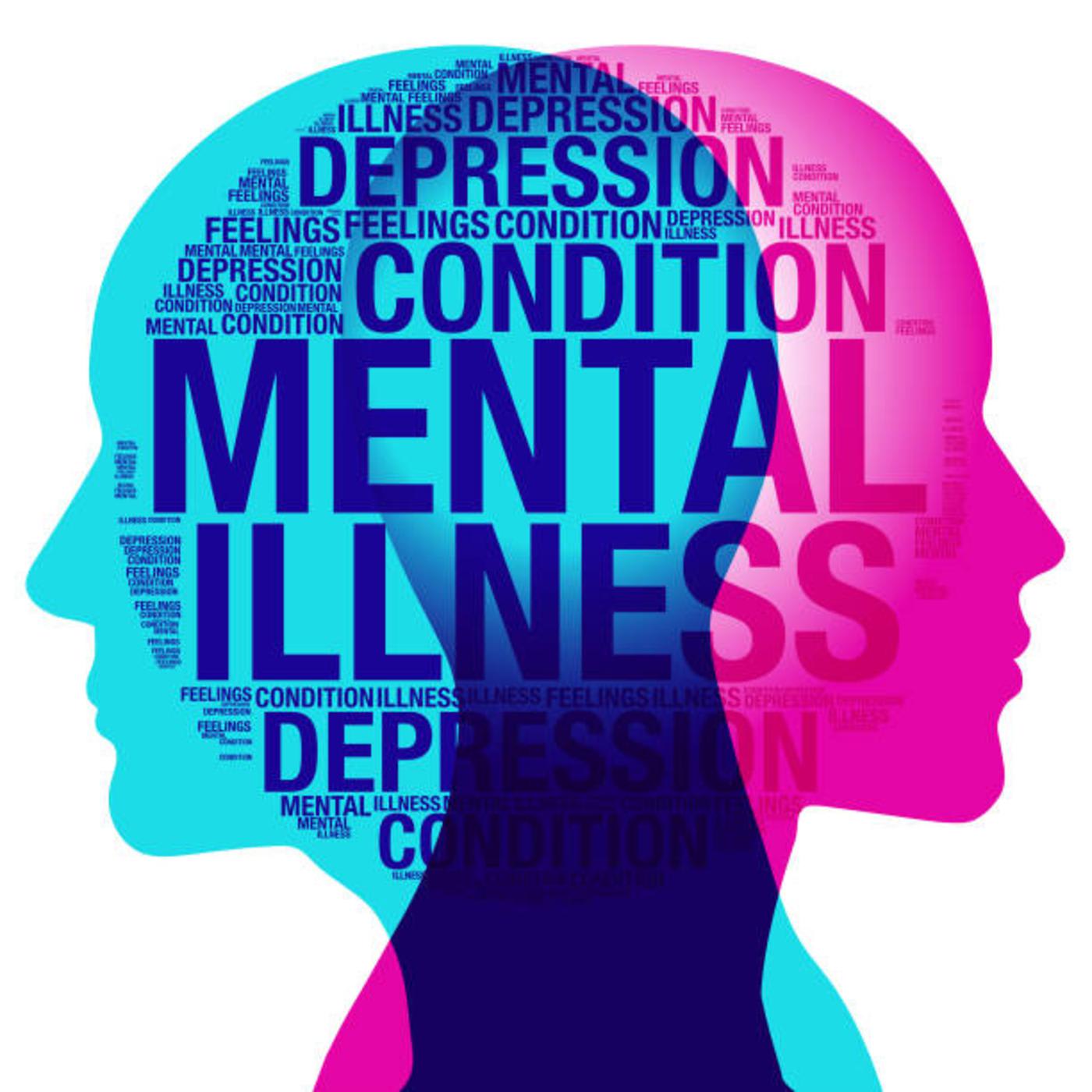
:max_bytes(150000):strip_icc()/definition-of-mental-illness-4587855-v1-cd7f9f37c61c49099ac8ede282db1e73.png)
/link-between-social-media-and-mental-health-5089347-color-withtext-54a445186bb44974b059ac7b6494bcdf.gif)
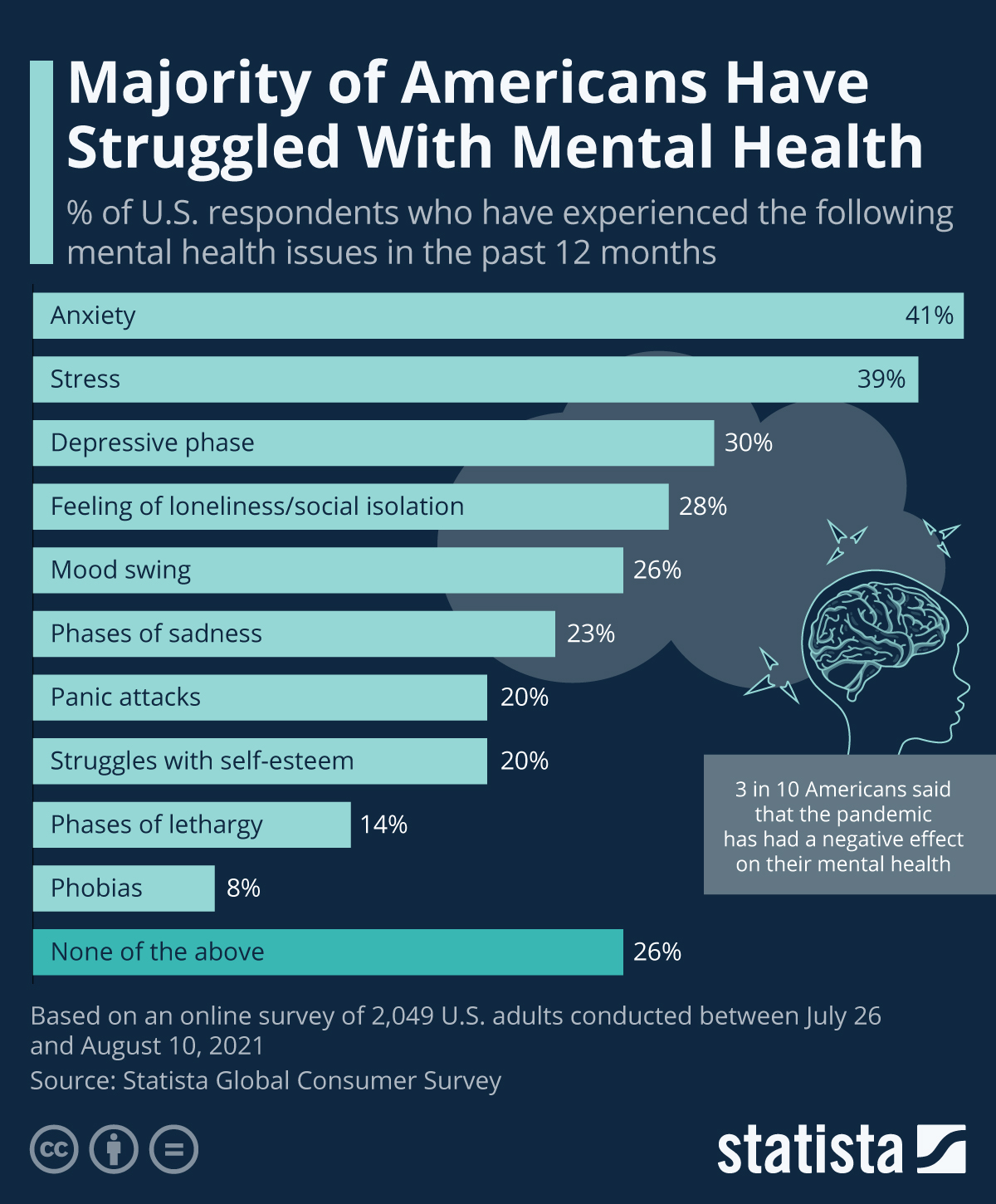
:max_bytes(150000):strip_icc()/mental-illness-5113353-Final-4680daa4bd4c4714b8e6b372c68c2e4c.gif)
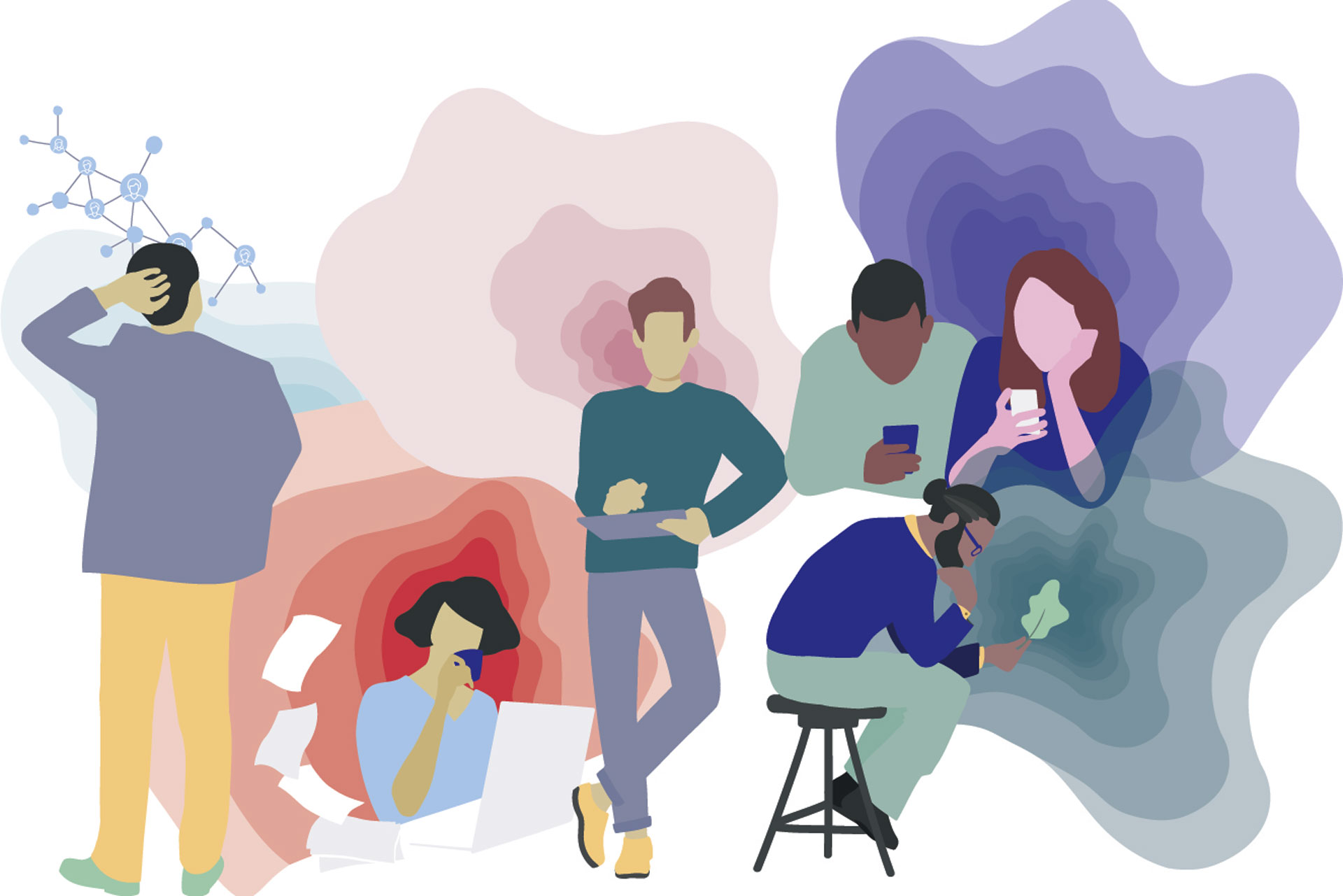

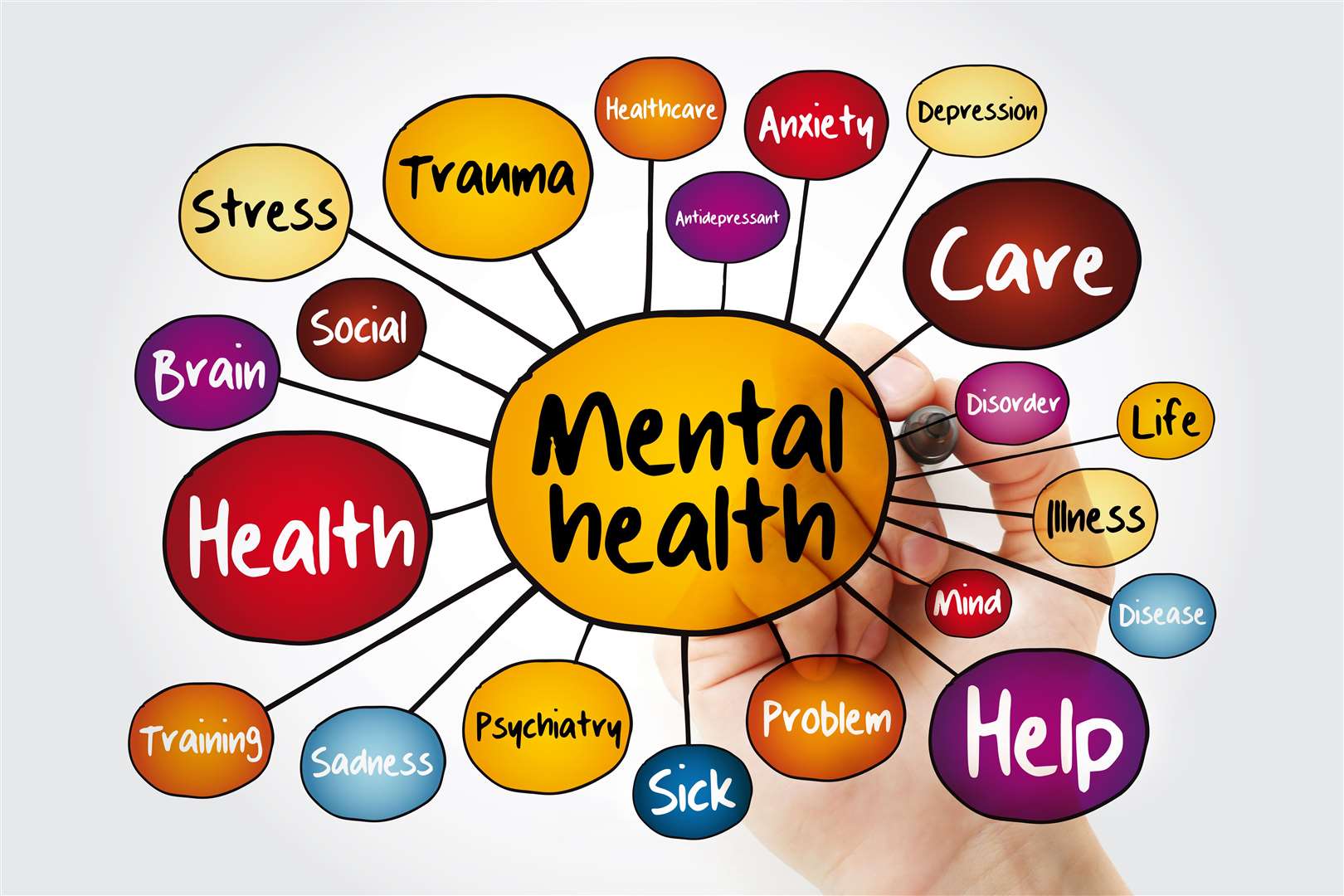
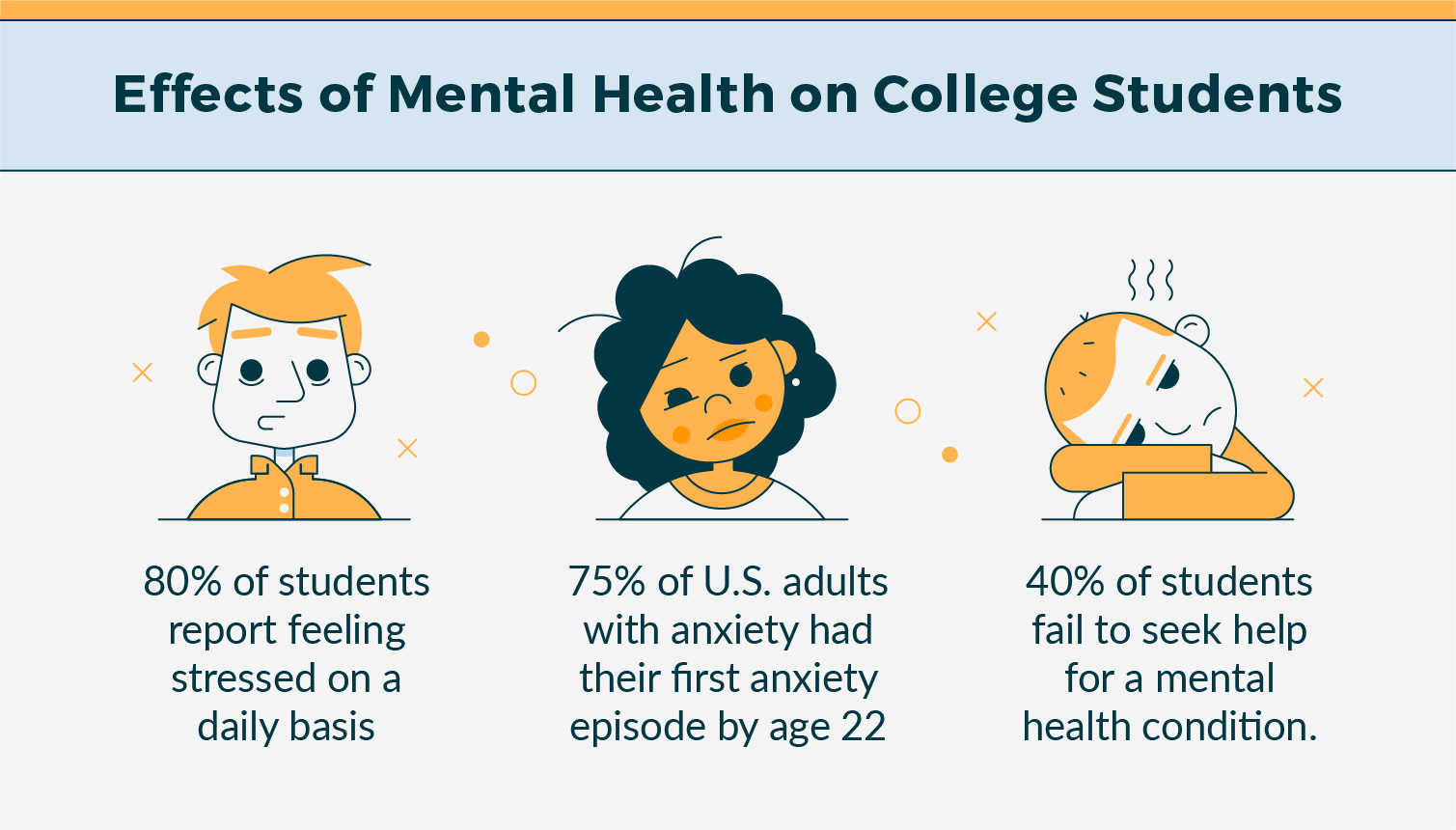

Mental wellness in New Year often encompasses factors that profoundly impact mental health. Most issues of mental wellness in New Year concern holiday stress, end-of-year reflections, and New Year’s resolutions. Many people struggle with holiday depression, and for some it peaks on New Year’s Eve. Those with existing depression are particularly vulnerable to the mental health challenges of this big night with major expectations. The start to the new year does not have to be stressful, sad, or lonely. The New Year is a time of fresh starts and new beginnings for many people around the world. Setting New Year’s resolutions is a tradition in many cultures, as we look forward to the possibilities of the year ahead. From resolving to work out more to pledging to eat healthier, resolutions are meant to help us improve ourselves. Mental Health First Aid (MHFA) has brainstormed 10 ways you can focus on your mental health in the coming year. Some are tangible actions while some are more philosophical. Whether you pick one, a few or all, you’re taking a step toward fostering your overall wellbeing. Instead of measuring success by comparison metrics, Bettin recommended approaching resolutions by setting small, attainable goals for the new year. Prioritizing mental health through “SMART goals,” provides a framework to for specific, measurable, attainable, relevant and time-bound aspirations. The SMART goal method swaps lofty goals, like Leading into 2025, 33% of Americans are making a mental health new year’s resolution, which is a 5% increase from last year and is the highest result the American Psychiatric Association has seen since it began polling on the question in 2021. Younger people in general were more likely to report making a mental health resolution, with 48% of 18-34-year-olds saying so, versus 13% of those 65 Feeling pressured to make significant changes overnight may contribute to stress and anxiety. Social comparison. The prevalence of social media during the new year can intensify feelings of inadequacy. Seeing others’ ‘perfect’ resolutions or achievements may create a sense of competition or unwarranted self-criticism. Reflection on past challenges. In this post, we’ll discuss some of the problems with our traditional New Year’s resolutions, and how to make positive resolutions for growth in the coming year. While New Year’s resolutions can be helpful motivators to make positive changes, it’s important to do so in the right way. Manage new year depression and protect your mental health. Understand the impact of holiday blues, bipolar disorder, and depression on your health. Open navigation menu As the calendar turns to Jan. 2, the return to routine often brings financial stress from holiday spending and an emotional crash after weeks of excitement and joy—leaving many in a degraded state of mental health. This new year, consider setting a new kind of resolution: prioritizing your mental health. Alexandra Stratyner, Ph.D., is a New York City-based licensed psychologist specializing in cognitive behavioral therapy, dialectical behavior therapy and mindfulness skills training. Dr. Stratyner serves on the voluntary faculty of the Mount Sinai Health System and is an adjunct faculty member at Details File Size: 3904KB Duration: 3.800 sec Dimensions: 498x280 Created: 1/16/2023, 3:58:50 PM A mental health check-in can help you start the new year feeling balanced, energized and ready to thrive. Why Mental Health Check-Ins Matter. The end of the year can seem a little more stressful - maybe it’s the pressure of final exams or work deadlines or the emotional complexities of the holidays. If this year has been tough on your mental well-being, seize the new year’s spirit of renewal and make mental health your top priority. Most Americans tend to focus on weight loss, career goals, or quitting bad habits when it comes to New Year’s resolutions — but mental health should not be sidelined. The New Year can be a time to set goals, look toward the future, and transform your life. However, with one in five people worldwide living with a mental health condition, mental health challenges may sometimes get in the way of resolutions. Let’s explore why New Year’s can be so difficult, how to find light in the darkest moments, and what steps you can take to heal in January and beyond. Why New Year’s Day Feels So Hard: Understanding the Emotional Weight. New Year’s can be seen as a great and positive time, but it just doesn’t feel like that for everyone. Some 40% of American adults are stressed about their mental health. Nearly three in 10 expect to make New Year’s resolutions related to their mental health, according to a national poll from APA conducted in early December. Half of young adults (aged 18-34) are planning to do so. Go for a different take on the idea of “new year, new you,” and focus on your emotional well-being this year. Addressing Your Mental and Emotional Health. Just as mental health “affects how we think, feel and act,” writes MentalHealth.gov, “it also helps determine how we handle stress, relate to others and make choices.” As 2021 draws to a close, more than one in four Americans (26%) or more than 67 million adults say that next year, improving their mental health is on their minds, and just over one-third (37%) say they are anxious about their mental health to start the new year. Among those making resolutions focused on mental health, 53% will meditate, 37% plan to see a therapist, 35% will take a break from In a similar fashion, it’s the New Year, again. Yes, that means we enter another year dealing with a global pandemic, however, it also means another year of possibilities and opportunities to achieve your New Year Resolutions. At Bright Harbor Healthcare, we thought we’d focus on new year mental health tips.
Articles and news, personal stories, interviews with experts.
Photos from events, contest for the best costume, videos from master classes.



:max_bytes(150000):strip_icc()/definition-of-mental-illness-4587855-v1-cd7f9f37c61c49099ac8ede282db1e73.png)
/link-between-social-media-and-mental-health-5089347-color-withtext-54a445186bb44974b059ac7b6494bcdf.gif)

:max_bytes(150000):strip_icc()/mental-illness-5113353-Final-4680daa4bd4c4714b8e6b372c68c2e4c.gif)




